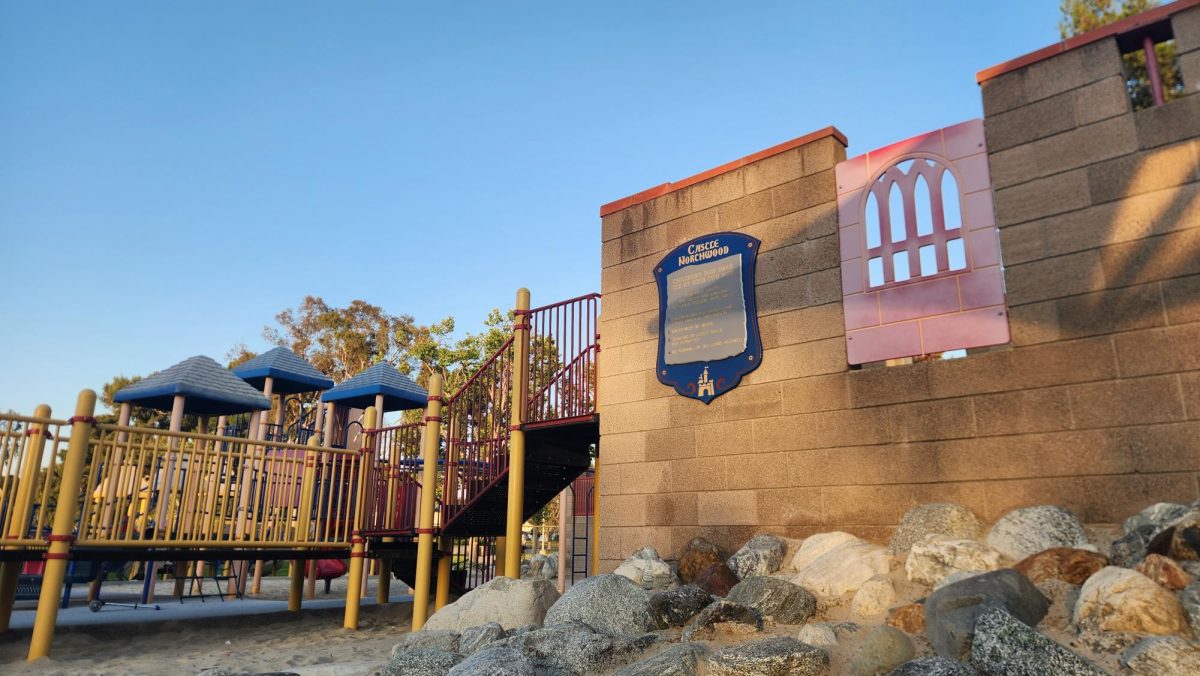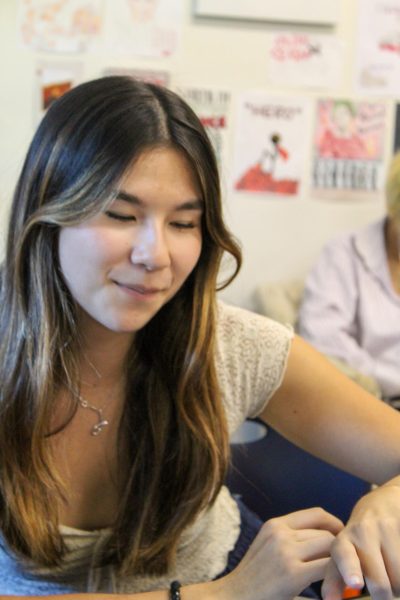There is a reason why athletes are told to continue walking after a long run, or to continue fueling and hydrating long after a competition. The last thing they want is a harsh stop because it will only make your body feel worse in the long run.
As student-athletes are pushed to maintain their composure and athleticism throughout long seasons, the idea of “no abrupt stops” becomes key; and for that exact reason, being a winter sport athlete is especially difficult. The season is full of staggered breaks and the overbearing stress of first semester finals, yet, the resiliency of these athletes is widely overlooked due to the fact that these obstacles are unique to winter sports.
“A big challenge with having long breaks during the season is getting back into the competitive mentality,” soccer captain senior Koyo Tanaka said. “It definitely breaks our momentum and the practices right after the breaks have to focus on getting the team back on track, both physically and mentally.”
Between the business of holiday gatherings and the temptation of seasonal foods, it becomes extremely difficult for athletes to discipline themselves and consistently work out. Winter break is designed to allow students to unwind from their typical schedules—but this pace can be detrimental to an athletes’ physicality.
Earlier breaks like Thanksgiving weekend are also filled with the stress of upcoming finals and, for seniors, submitting college applications. Committing to daily two hour practices during this time can feel like a heavy burden on an athlete’s academic workload. It can feel as though there is not enough time in the day to “do it all,” and it becomes an endless cycle that makes it impossible to balance schoolwork and the training required to remain in shape.
While many athletes do train over the extended break, the transition from practicing every day to practicing two times a week is still a major difference. The timing of winter break, which is just before league play begins in January, also means that it can disrupt a team’s momentum.
Momentum is often overlooked as a major contributor to a successful season. As a team, it is important to stay motivated after strong performances and continue to improve based off of the outcome of games. If the team is on a winning streak, taking a long break can easily undo their progress and, especially in team sports, chemistry building through daily practices is imperative.
While it can be difficult, many athletes have found that using their teammates as accountability is one of the best ways to push each other’s limits and stay on top of their game during breaks.
“My team has always kept me motivated,” wrestling senior Adam Valladares said. “We’re an individual sport, but that doesn’t mean we’re not a team. When one of us feels like giving up, we know that we have the entire team to back us up.”
Programs on campus have also come up with fun activities to stay connected during the break. Girls water polo hosted a Thanksgiving meal after one of their practices during the break, as well as welcoming back former Northwood water polo players for their annual alumni game on Nov. 26. Boys basketball also competed in the Rancho Alamitos Thanksgiving Tournament and is preparing for another during the last week of December.
“It’s really hard for the athletes to stay motivated when the season is so disrupted,” girls water polo coach Kyle Kim-E said. “I’ve had to make adjustments throughout the years so that the girls can take time to have a break but also stay in shape, and you really have to use games as incentives for practice sometimes.”
All sports will return for league competition in the first week of January, so be sure to come out and support winter sport athletes after the break. To stay updated with the winter sports schedule, check out @twolvesathletics on Instagram.





















































